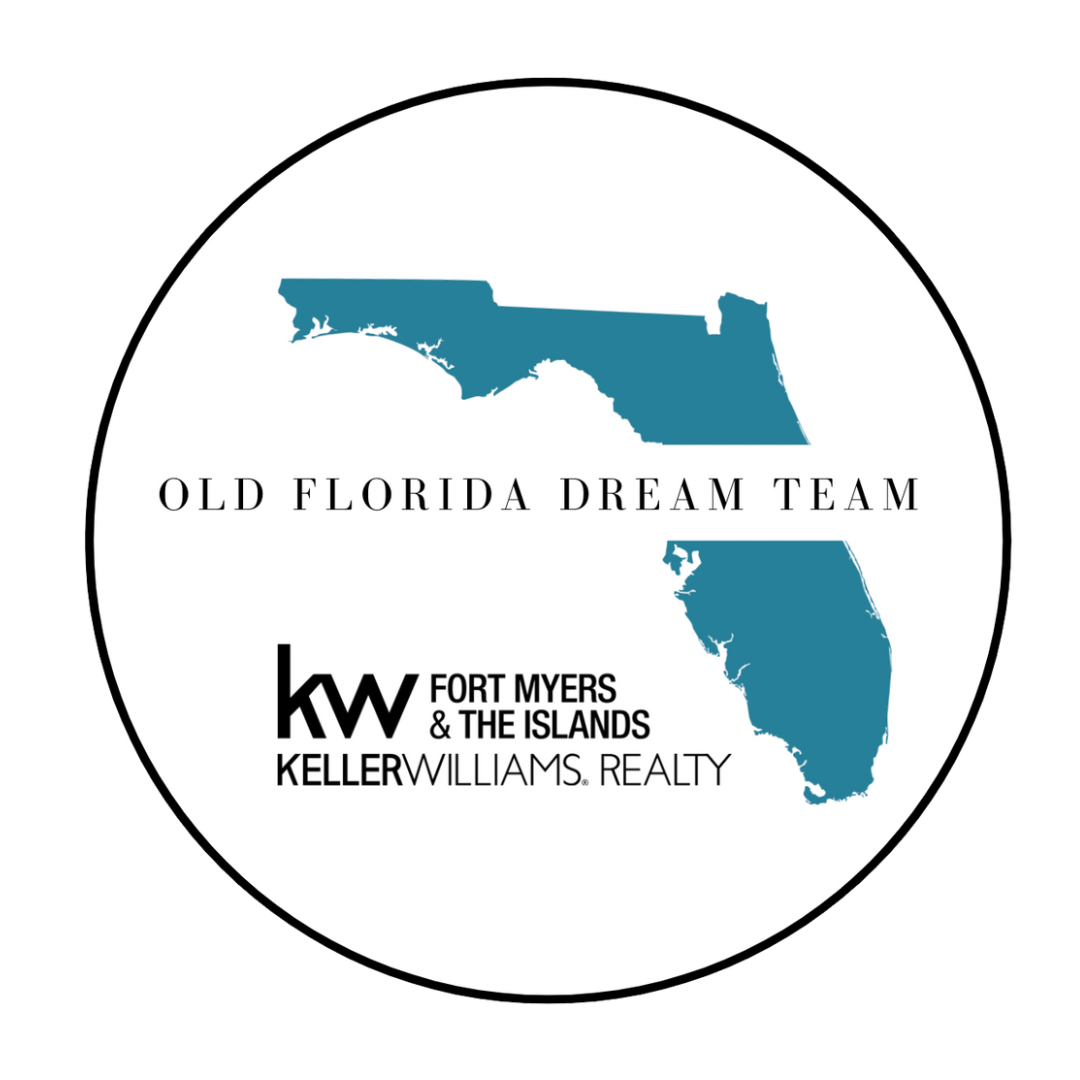
BUYERS GUIDE
-
Before you embark on your home-buying journey, it's essential to assess your financial situation. If you plan to finance your purchase, consider factors like your down payment, closing costs, and potential mortgage payments. If you're paying cash, evaluate your available funds and determine a budget accordingly. This will help you understand what you can afford and narrow down your options.
-
If you plan to finance your home, getting pre-approved for a mortgage is a crucial step. Reach out to several lenders to explore your mortgage options. They will review your financial documents, credit score, and debt-to-income ratio to determine the amount they are willing to lend you. Pre-approval provides you with a clear understanding of your budget and demonstrates to sellers that you are a serious buyer.
-
Engaging a reliable real estate agent who specializes in the Florida market can greatly simplify your home search. Look for an agent who understands your requirements, has extensive local knowledge, and can guide you through the entire process. They will help you find suitable properties, negotiate offers, and handle the paperwork, making your experience more efficient and enjoyable.
-
With the help of your real estate agent, start exploring available homes in your desired Florida location. Consider factors such as proximity to amenities, schools, transportation, and your preferred neighborhood. Attend open houses, schedule private showings, and make a checklist of features that align with your needs and preferences.
-
Once you've found the perfect home, work with your real estate agent to craft a compelling offer. They will help you determine a fair price based on recent sales data and market conditions. Your offer will typically include the purchase price, contingencies (such as inspections and financing), and a proposed closing date. The seller can accept your offer, reject it, or propose counter-offers until both parties reach an agreement.
-
After your offer is accepted, you will enter the due diligence phase. Hire a qualified home inspector to thoroughly examine the property for any potential issues. Additionally, conduct necessary inspections like termite inspections, mold assessments, or surveys. Review the seller's property disclosure statement and other relevant documents to ensure you're making an informed decision.
-
If you plan to finance your home, once you've completed inspections and due diligence, return to your lender to finalize your mortgage application. Provide any additional documentation required and complete the necessary paperwork. Your lender will then proceed with the underwriting process, which involves verifying your financial information and appraising the property to determine its value.
-
The closing, also known as settlement, is the final step in the home buying process. It involves signing the necessary legal documents, transferring funds, and officially taking ownership of the property. Your real estate agent and closing attorney/title company will guide you through this process, ensuring all legal requirements are met. Plan for closing costs, which typically include attorney fees, lender fees, title insurance, and property taxes.
-
Congratulations, you're now a homeowner in Florida! Update your address, transfer utilities, and settle into your new abode. Take advantage of all the wonderful amenities the state has to offer, from its stunning beaches to its vibrant cities.
Remember, this guide provides a general overview of the home buying process in Florida, whether you choose to finance or pay with cash. Real estate transactions can vary, so please contact us directly at 239.744.1944 or by email at info@oldfloridadreamteam.com for personalized advice based on your unique situation.
